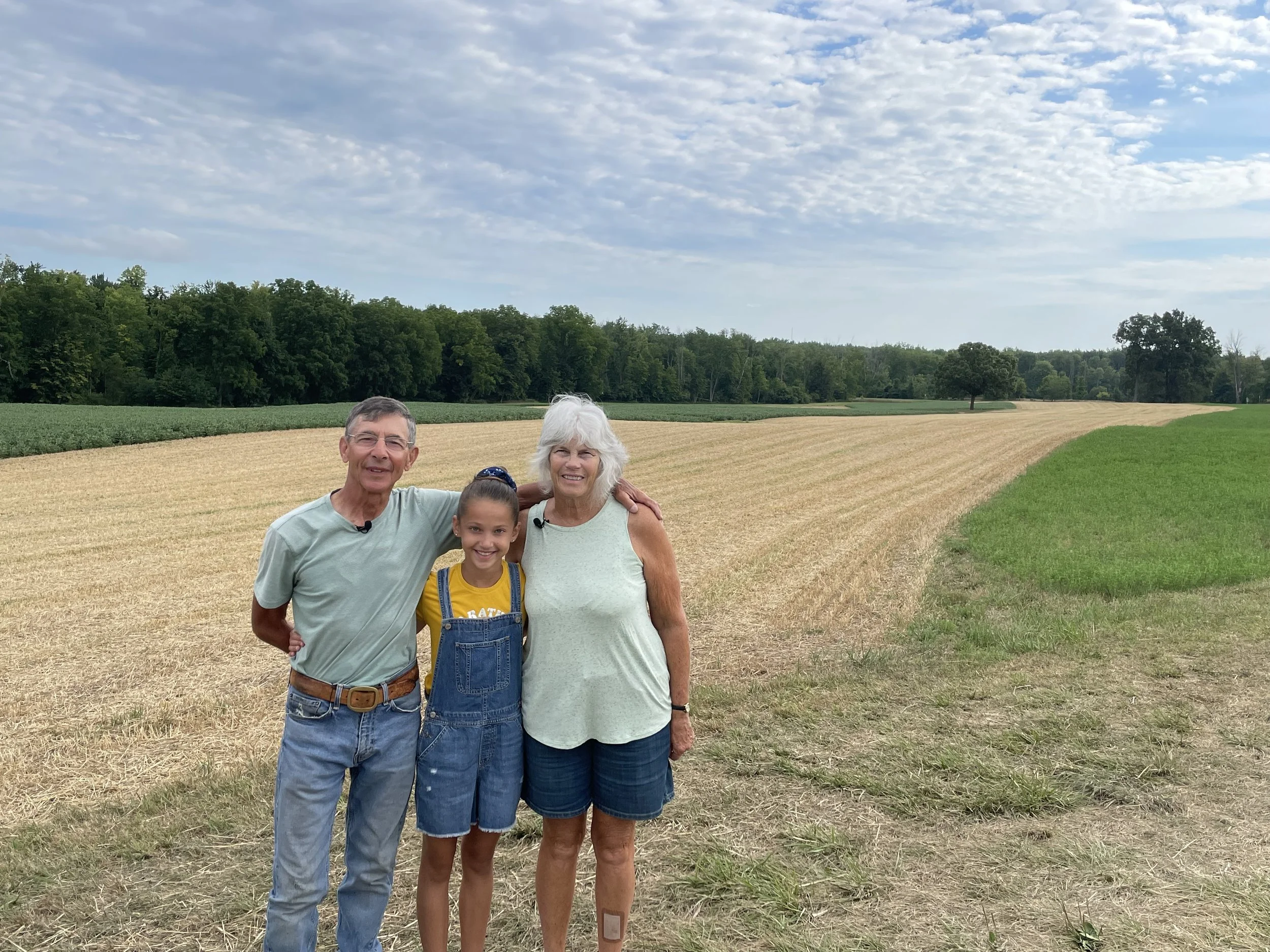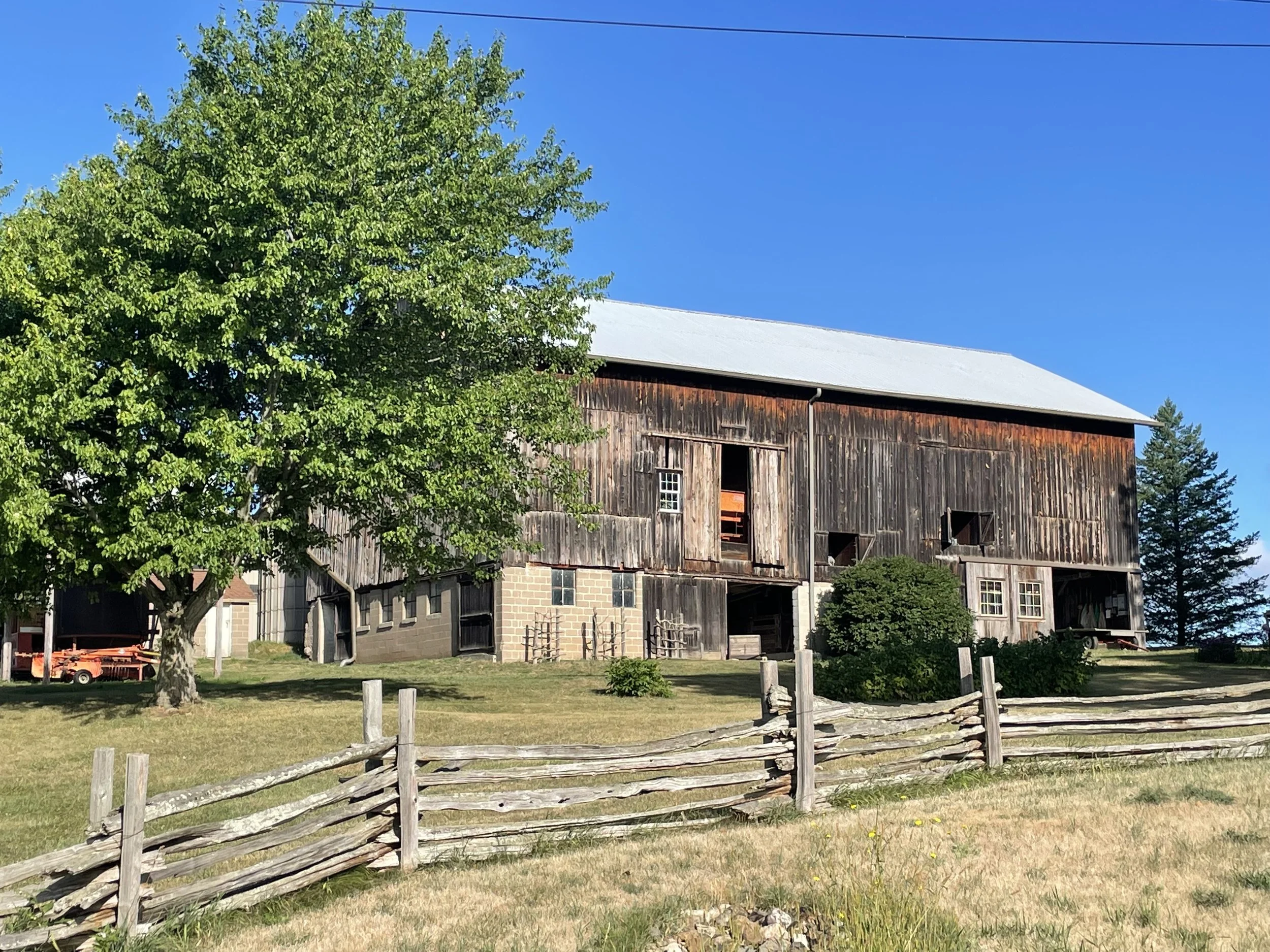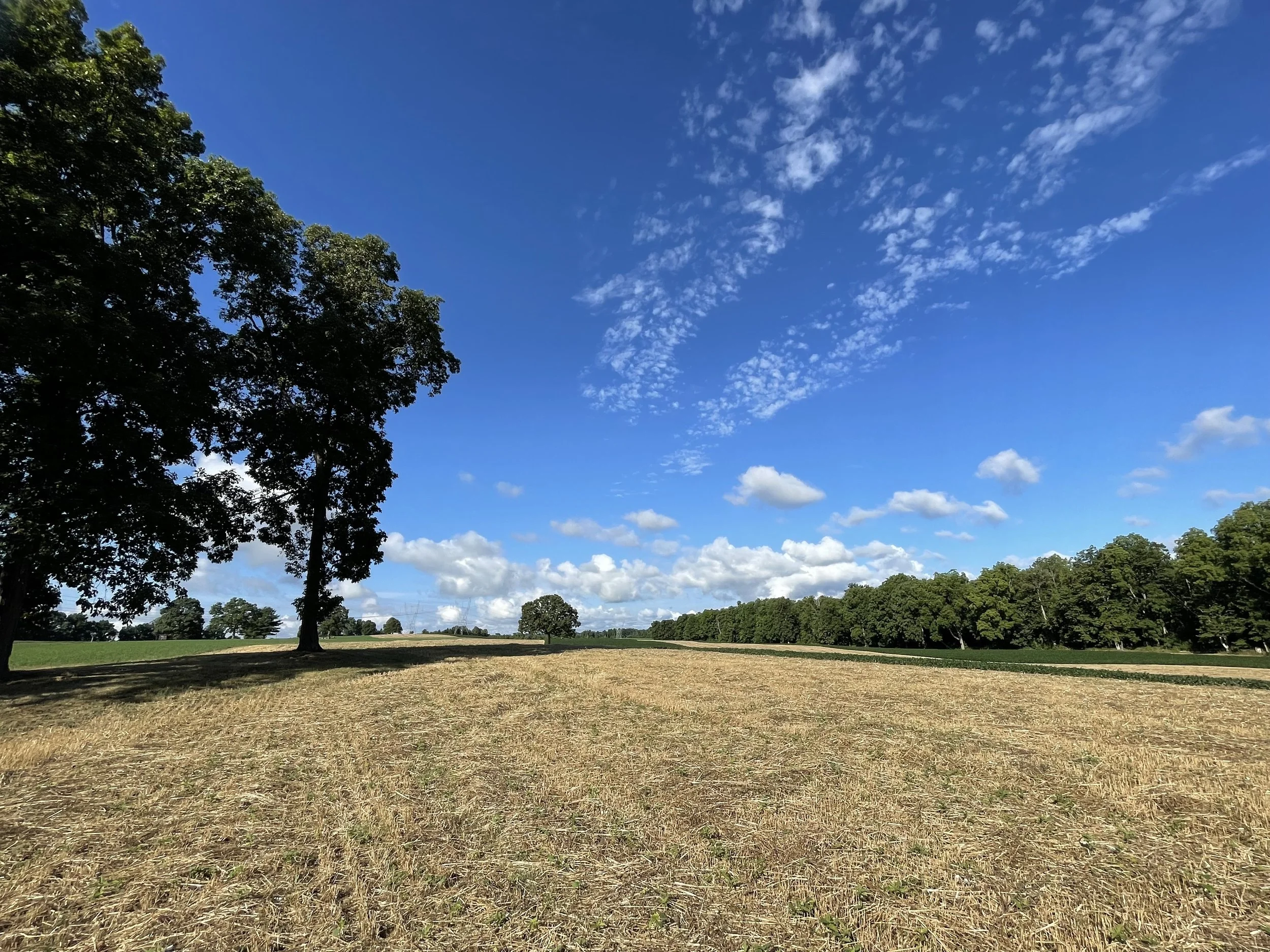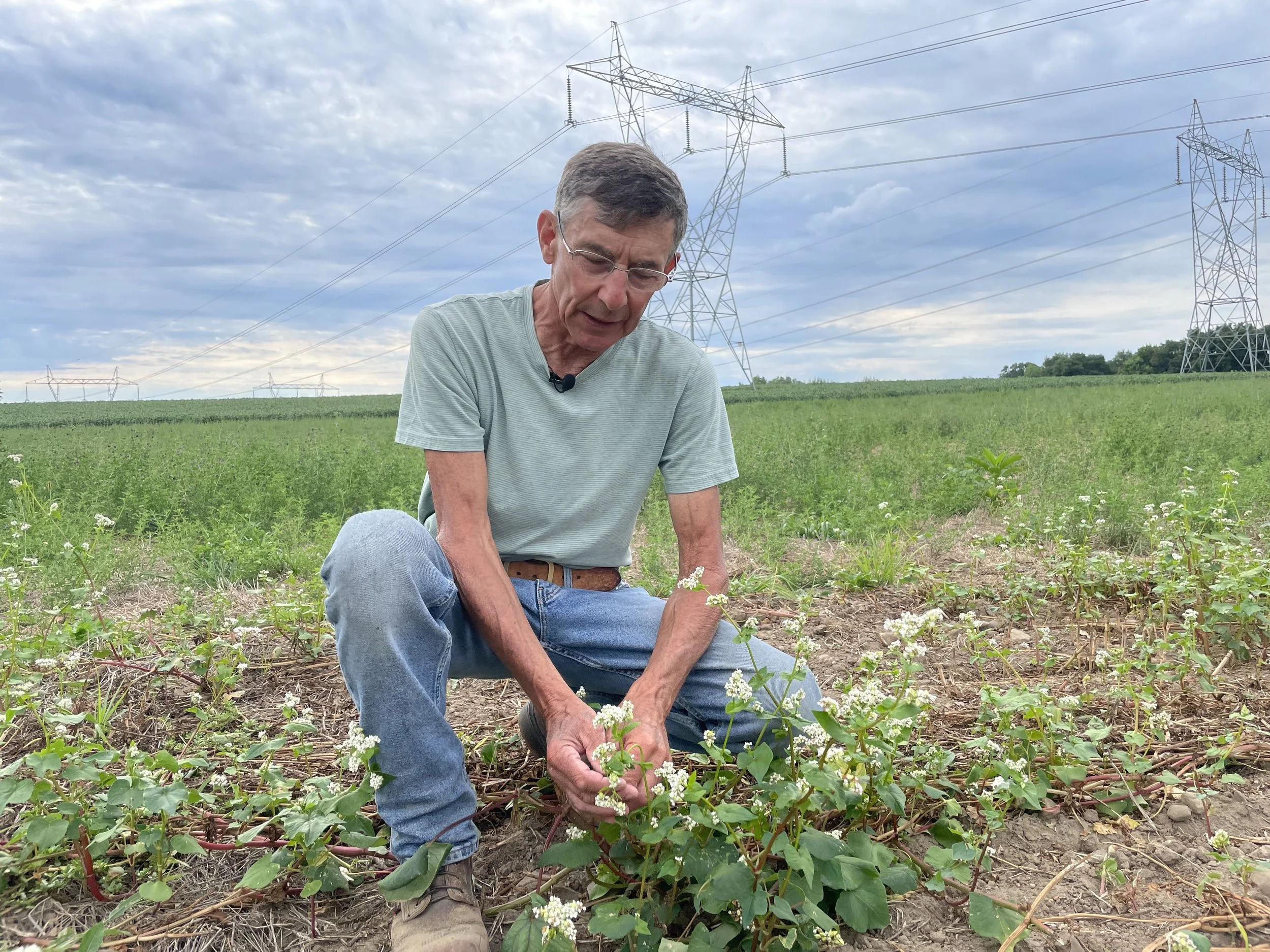Sweet Success for Steimer Family Farm in Chili
If you’ve had a Dunkin Donut lately or enjoy the cookie dough in Perry’s Ice Cream — you might be eating winter wheat grown by Bill and Audrey Steimer on their Reed Farm in Chili. The wheat is turned into pastry flour at Star of the West — a mill in Churchville that provides high-quality flour to many local and national companies.
Bill Steimer started doing chores on neighboring farms at the age of 8, and by the time he was 14 it was clear he wanted to be a farmer. “I just love respecting and working with the land,” he says.
To support his dream, and provide another income source for the family, Bill’s parents purchased the farm in 1960. Bill eventually went to Alfred State College for an agronomy degree and then bought the 122-acre farm with his wife, Audrey, in the 1970s.
“The land is the highest priority natural resource we have. If it wasn’t for the topsoil and the quality of the land, we would have no water retention.”
40 years protecting farmland
In 1982, Bill first heard about conservation easements and got excited about how they could help preserve local farmland. “The development of it — or you could say the destruction of it — is so rampant that we need to protect whatever we can,” he says.
Bill served one term on the Genesee Land Trust Board of Directors, and has been a long-time member of the Farmland Protection Committee.
Bill and Audrey applied for a state grant twice. The first project fell through, so they applied again in 2018 and in June the project will close. The Steimer’s Reed Farm will soon be the 21st farm protected by Genesee Land Trust. Thanks to your support of the farmland protection program, a total of 7,451 acres across Monroe, Wayne and adjacent counties will always grow food, not houses.
Looking to the future
Like most farmers, Bill and Audrey hope the land stays in their family.
If not, Bill says the farm could get annexed to a larger operation, or perhaps a startup farmer will take over. American Farmland Trust — in partnership with Genesee Land Trust and other organizations — runs Farmland for a New Generation New York. This program aims to match farmers looking for land with retiring farmers.
Above from left: Bill unloads hay (photo by Adam Montoya). A view of the historic barn. A scenic view of the land, Bill in his field talking about cover crops.
Bill explains the use of buckwheat as a cover crop.
Located near the airport, a portion of the farm is part of the Black Creek wetlands complex. It is also adjacent to Reed Road Bird Refuge, a wooded wetland protected by Genesee Land Trust. To prevent erosion and protect the soil, the Steimers plant their fields in strips of different crops –winter wheat, soy beans, and hay for local horses. Photo by Adam Montoya.
5 Fast Facts About Conservation Easements
Conserving your land — for farmland or wildlife habitat — is always a big decision. That is why landowners who do so have some things in common – they love their land, they think of it as part of their legacy, and they have a commitment to the future of their community.
Are you interested in exploring land conservation for you or someone you know? Here are some important points to consider:
1. Ownership Retained: You retain your private property rights and can sell, lease, or pass your land on to your family.
2. Tax Benefits: If you donate at least part of your conservation easement, there can be both federal and state tax benefits.
3. Tailored to You: All conservation easements are unique to the land it conserves and to your vision for your property.
4. Voluntary” Farming or wildlife conservation easements are voluntary and do not require public access.
5. Estate Planning Benefits: Conserving your land can help with your estate planning, reduce your estate taxes, and can help with a transition to the next generation.






